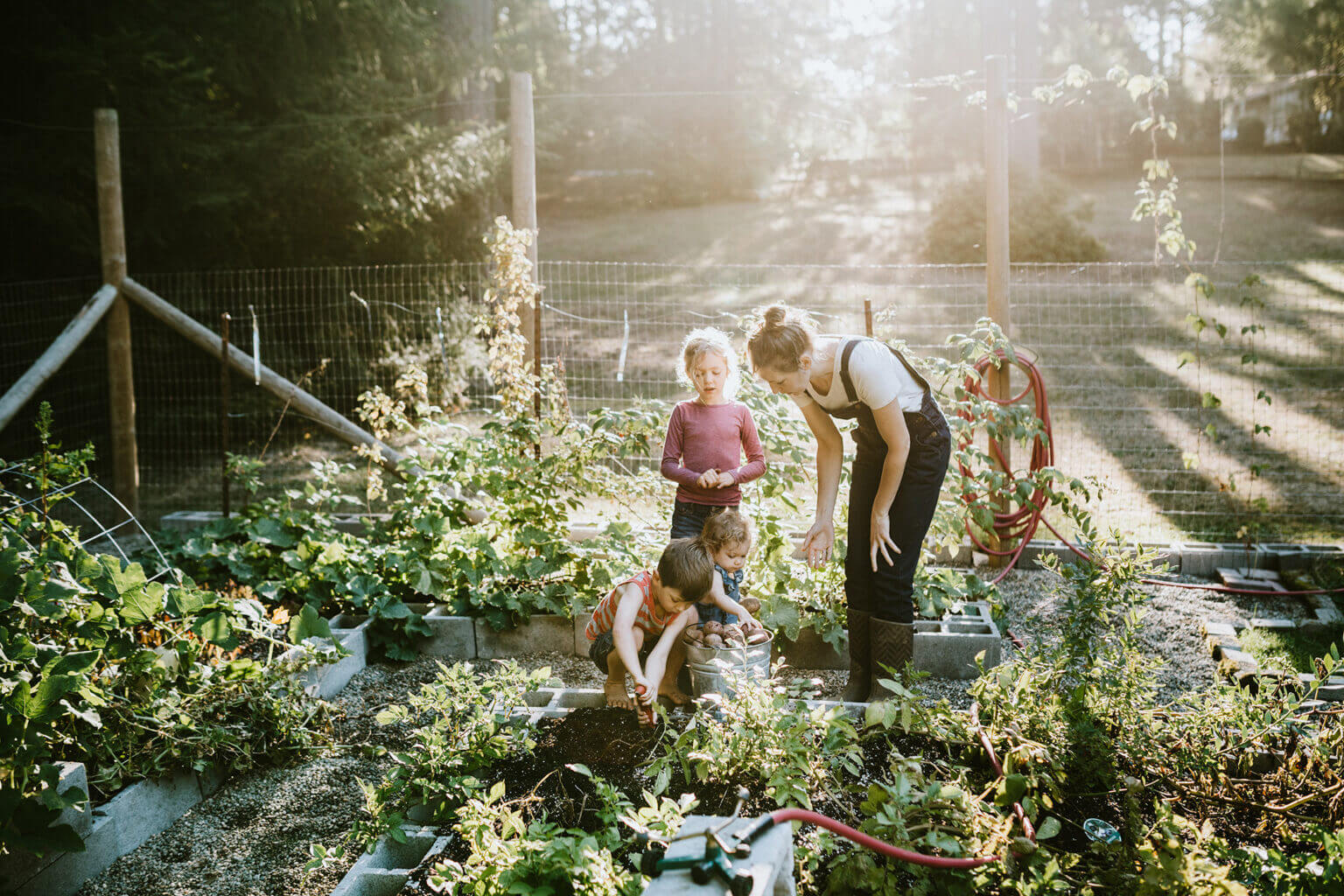But will the uptick in gardening last once the last coronavirus restrictions are lifted?
Probably not to the same extreme levels, according to new research from the University of Georgia. But for some, the introduction to gardening may have been just what they needed to dive into a new hobby.
Of its more than 4,200 participants, the study found about one out of every three people began gardening in 2020 because they were home more. Many also put in new grass lawns and did outdoor renovations, such as installing new plant beds and other landscaping.
“You had low interest rates, so you had a lot of people refinancing, which gave them money to invest in their homes,” said Benjamin Campbell, lead author of the study and an associate professor in the College of Agricultural and Environmental Sciences. “You had people at home looking for something to do, whether by themselves or with their kids. That led to a huge demand for plants.”
Just under half of respondents said they didn’t plan to garden in the future, even if they had in 2020. But one out of 10 said they gardened in 2020 and planned to keep it up going forward, including 11% of Gen Xers and 13% of millennials and younger.
“We saw a lot of younger consumers come into the market because of the pandemic and because they were having to stay home,” Campbell said. “Plants have been shown to help with a lot of different things related to people’s psyche. Gardening not only gave people something to do, but it also gave them a little bit more happiness.”
Food insecurity may drive gardening uptake for some
Some respondents had a more practical reason for picking up gardening: food.
About 14% of participants said they planned to garden in the future because they were concerned about food shortages. As supply chain issues and worker shortages continue to cause problems, those empty grocery shelves may not be full to their pre-pandemic level anytime soon.
Food costs in general are going up, in part due to inflation, which could be another driver for people to pick up gardening. But fertilizer and plants aren’t immune from inflation and are rising as well.
“Plants are not really a necessity, but if I’m thinking about building a bunker in the backyard, I’m buying seeds,” Campbell said. “If I go and buy a tomato plant, I have to keep it alive. If I have a seed, I just leave it in the bag until I need it.”
Published by the American Society for Horticultural Science, the study was co-authored by David San Fratello, a master’s of agribusiness graduate from the University of Georgia; William Secor, assistant professor in the Department of Agricultural and Applied Economics; and Julie Campbell, assistant research scientist in the Department of Horticulture.







